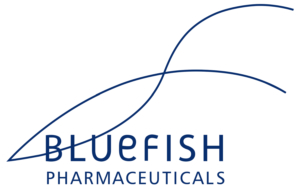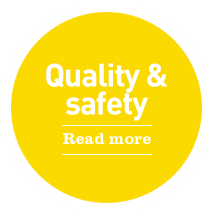Generic Pharmaceuticals
A generic product is the bioequivalent of a pharmaceutical originator product that has already been on the market for several years.
In most countries, new pharmaceuticals enjoy patent protection for a period of 20 years. When the patent expires, other companies holding the appropriate licenses are entitled to manufacture and market the pharmaceutical, provided they comply with the applicable laws and regulations.
A generic pharmaceutical contains the same active substances as the originator product. Once therapeutic bioequivalence has been established, the generic product is substitutable for the originator product.
Generic medicines offer the same quality and safety profiles as the originator products. Throughout their development and production processes, generics must adhere to the same rigorous standards of quality, safety and efficacy as the originator products. These standards are closely monitored and enforced by the relevant regulatory authorities both prior to and after product approval. Manufacturing plants are regularly inspected to ensure that they remain cGMP-compliant (current Good Manufacturing Practice), while products on the market are regularly monitored to ensure they continue to meet the quality standards.
The Role of Generics in Society
- Competition is increased and production costs fall, allowing for profitability while lowering prices to the consumers
- Patients obtain increased access to high quality, safe and effective medicines
- Allow for significant savings for both patients and healthcare systems
- More cost-efficient treatment releases resources for new innovative treatments or medicines
- Provide and incentive for companies which produce original pharmaceuticals to continue to develop innovative


